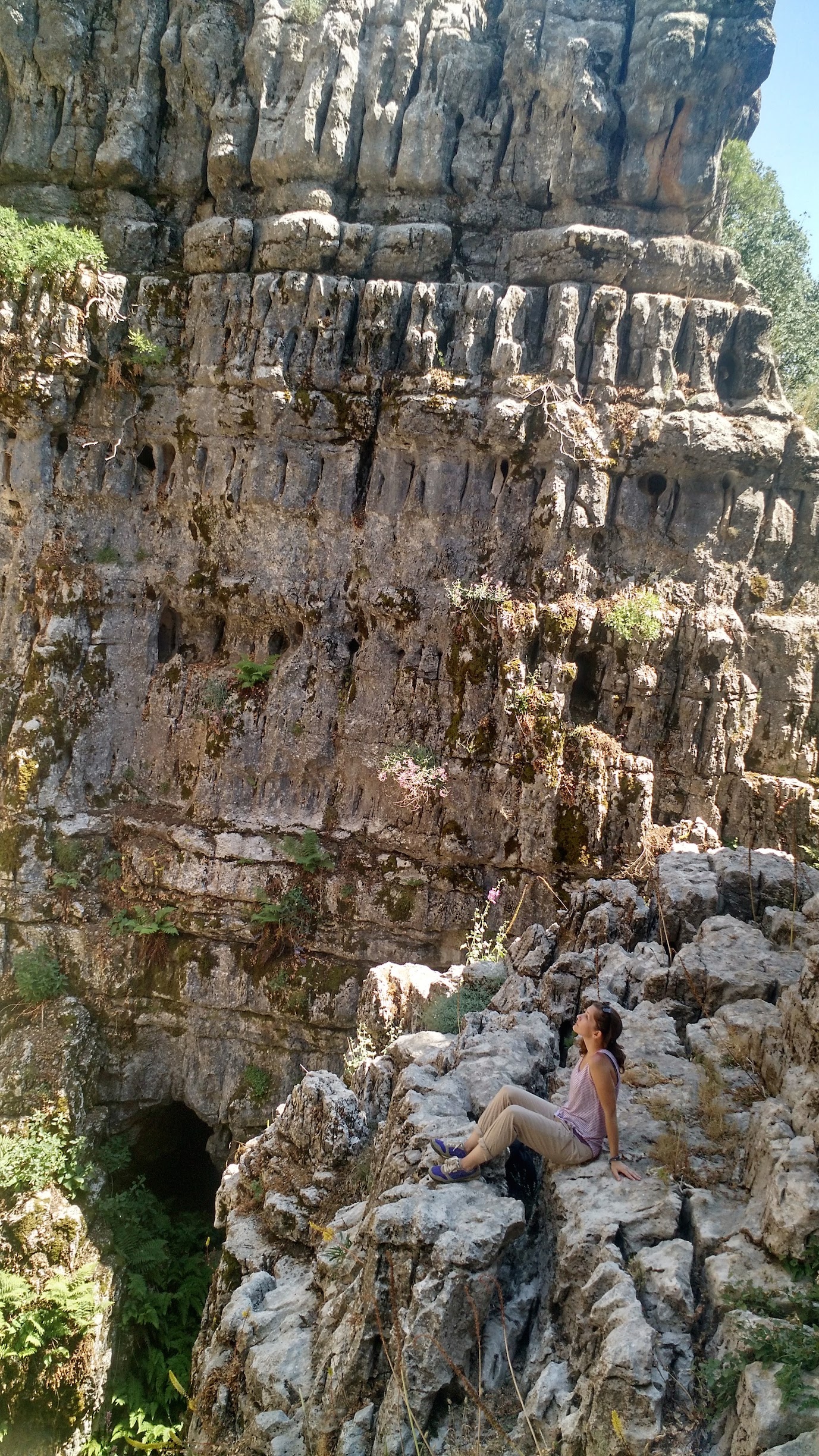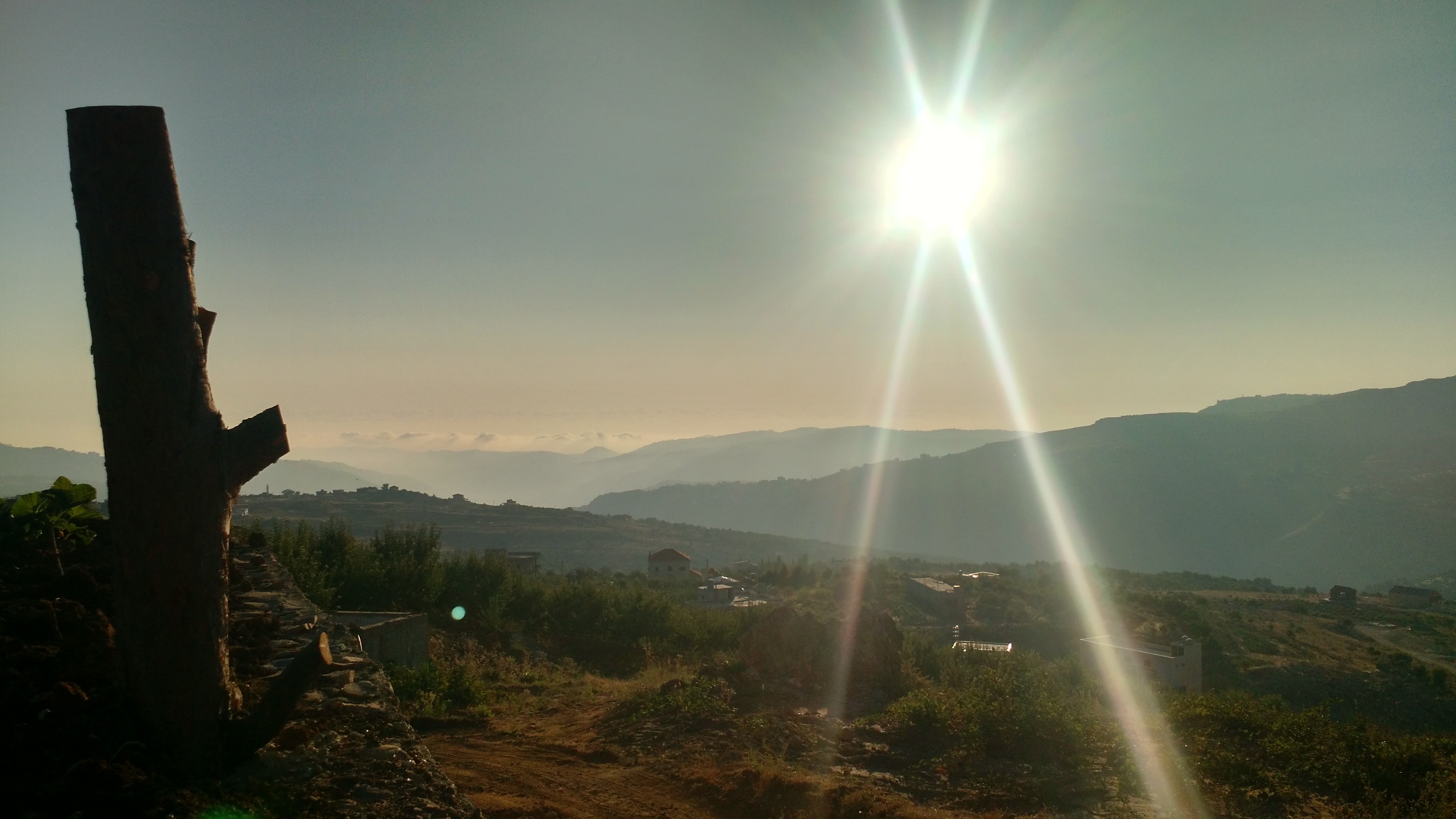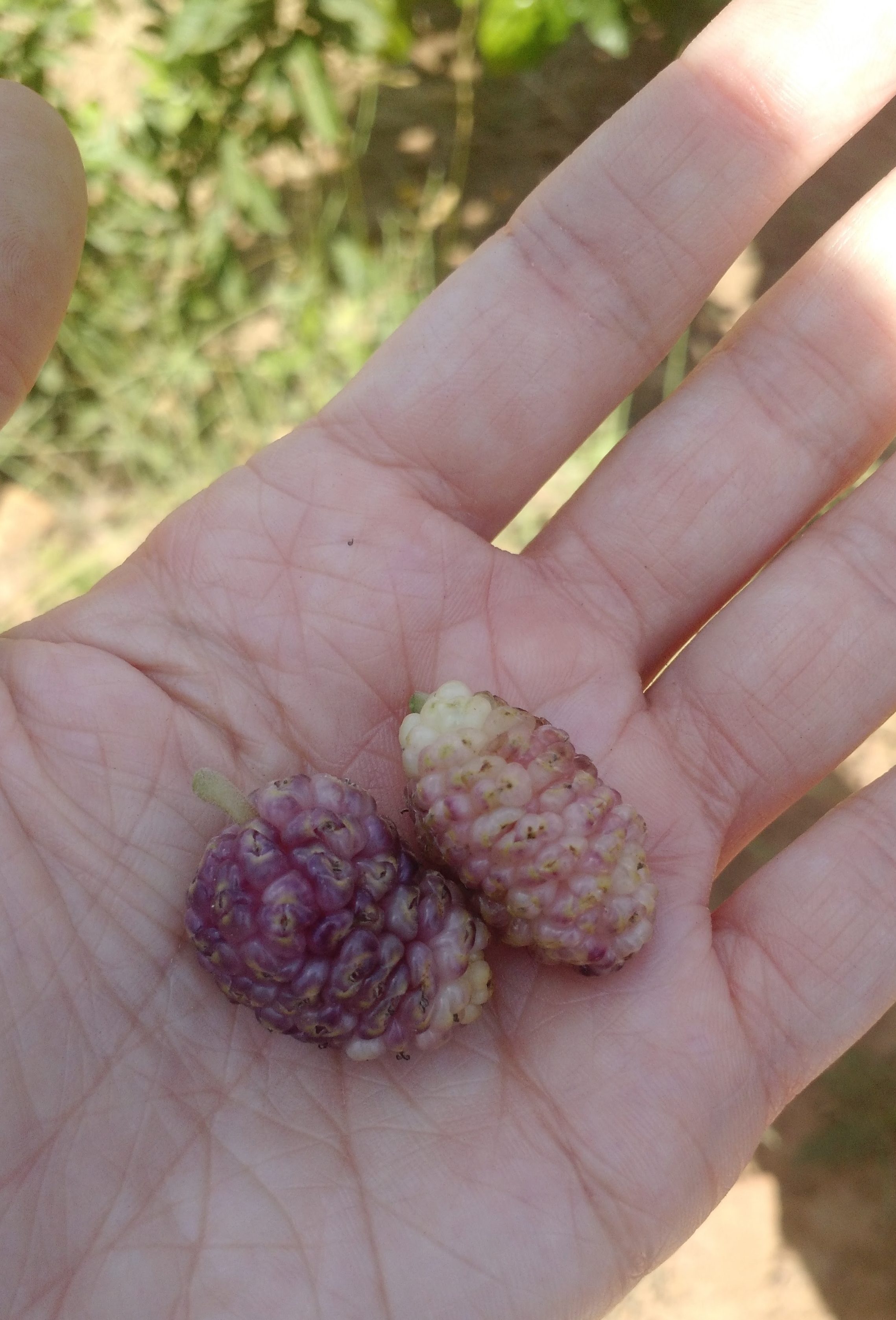A few weeks have passed since the program began, and the pace has increased considerably. The bulk of my time has been spent in the library laboring through my hefty grammar, reading, and vocabulary assignments – not entirely unlike my grad student life in South Bend. Despite this, there have been scattered opportunities to break free from campus. The first of these little excursions happened during Eid al-Fitr, the Islamic celebration marking the end of Ramadan. Coincidentally, the celebration occurred just as we finished a lesson in our textbook that included extensive reading assignments about Eid traditions in Damascus. So we had plenty of newly acquired, relevant vocabulary to use in our broken-Arabic conversations.
During the month of Ramadan, I could see the streets of Hamra filling up with people each evening as families piled into nearby restaurants for the Iftar meal. They gathered around tables jam-packed with plates of hummus, labneh, fattoush, tabouleh, falafel, grape leaves, shawarma, and other traditional Lebanese foods – waiting for the call to prayer to ring out so they could break their fast. Because Eid al-Fitr is a national holiday in Lebanon, our program gave us two days off when the holy month came to an end.
As great as it would have been to stay in the city and participate in some of the traditional Eid celebrations, I decided to spend the holiday visiting a Lebanese friend who lives in Zahle – a city close to the Bekaa Valley in eastern Lebanon. He recently bought a chunk of property nearby, in a small municipality up in the mountains called Tarshish. We spent the first day of Eid far removed from the noise and bustle of the city, hiking through its relatively cooler and much quieter trails. Tarshish, as my brief Google-searching discovered, is known for the cultivation of apples, plums, chestnuts, walnuts, cherries, beans, and other crops that extend through the area. This was immediately evident during our hike, and we stopped every so often to pick a handful of cherries or white mulberries (“toot”) before continuing on our way. After passing the rows of fruit and nut trees, we veered off-trail – climbing up and down steep hills and maneuvering across massive rock formations to get a view of the landscape and escape from the sun.
I was hoping to use this hike as an opportunity to practice speaking colloquial Arabic with my friend, but I found this to be surprisingly difficult. We are used to speaking with each other in English (and of course, his English is far superior to my Arabic), so I never managed to speak more than a few rough sentences in Arabic before we reverted back to English. Despite all the vocabulary and grammar that I have learned over the past two years, I still can’t get my speaking to “flow.” This is partly because I tend to pause and think about the construction of each sentence before I say it, and partly because I still struggle to pronounce certain letters. And then there is the issue of my near-total lack of confidence in speaking. For all of these reasons, most of the Lebanese people that I meet assume that I know much less Arabic than I do, and they often proceed to “teach” me very basic things (e.g., a taxi driver tried to teach me how to count in Arabic last week – something I have been able to do for a few years now). It’s a bit discouraging, but something that I am trying to work through while I’m here.
?? ??????? // With peace
Dana



